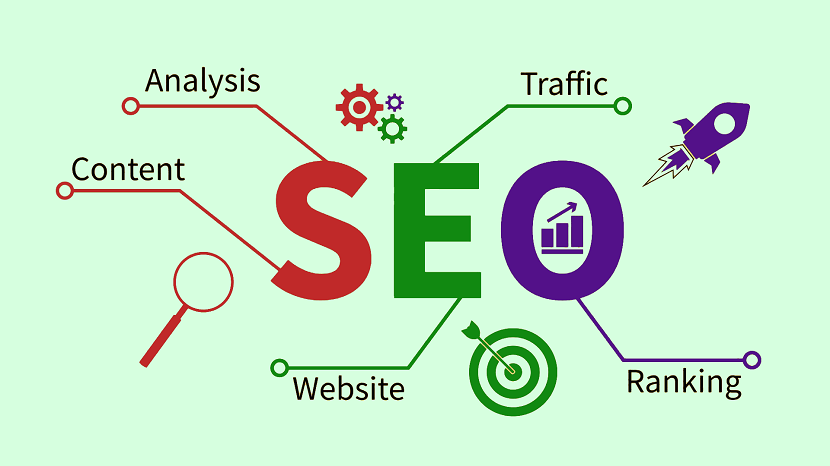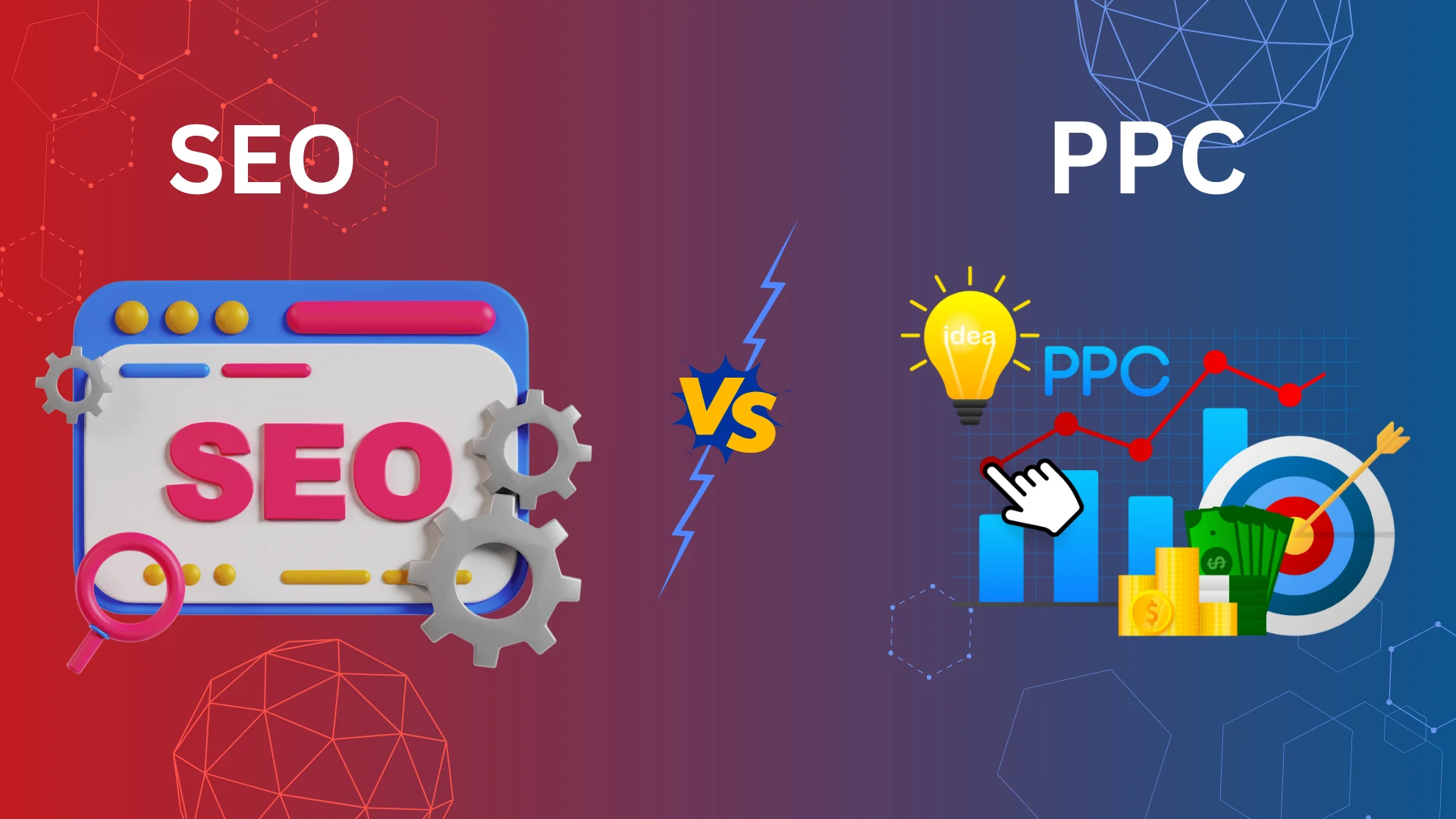
What is the best SEO secret that you know?
The Best SEO Secret I Know
In the competitive world of digital marketing, SEO (Search Engine Optimization) is key to driving organic traffic to your website. Everyone wants to know the secret formula for ranking high on Google, but the truth is, there is no magic button. However, there’s one often-overlooked strategy that stands out as the most powerful SEO secret I’ve come across – focusing on user intent and providing real value.
Many people think that SEO is all about stuffing keywords, creating backlinks, and technical optimization. While these factors are important, the core of SEO success is about understanding what your audience is searching for and giving them exactly what they need. Search engines like Google have become highly sophisticated in identifying whether the content on your site is valuable to users or not.
What is User Intent in SEO?
User intent, also known as search intent, refers to the reason behind someone’s search query. When a user types something into Google, they are looking for a specific type of information, whether it’s to buy a product, find an answer to a question, or learn about a particular topic. Understanding the reason behind your audience's search allows you to create content that directly meets their needs.
Google’s algorithms have become so advanced that they now focus more on intent than just matching keywords. This means, even if your content has the right keywords but doesn’t satisfy the user’s needs, it won’t rank well. On the other hand, content that thoroughly answers user queries, even if it uses keywords in a more natural way, tends to rank higher because it provides the exact value that users are looking for.
How to Leverage User Intent for SEO Success
1. Understanding What Your Audience Wants
The first step in this approach is understanding your target audience. You need to know what they’re searching for and why. Here are some ways to do this:
- Use Search Tools: Tools like Google Trends, AnswerThePublic, and SEMrush can help you understand what kinds of questions and topics people are searching for within your niche.
- Analyze Search Queries: Dig into the queries people use to find your site using Google Search Console. This can help you identify the specific needs of your visitors and how well your content is meeting those needs.
- Talk to Your Audience: Engage with your audience through surveys, feedback forms, and social media to understand their pain points and questions. The more you know about your customers, the better content you can create.
2. Create High-Quality, Targeted Content
Once you understand what your audience is searching for, the next step is creating content that answers their questions comprehensively. Here’s how to do it effectively:
- Write for Humans, Not Search Engines: Focus on making your content easy to understand. Instead of cramming your page with keywords, use them naturally and focus on answering the user's query. If your content helps your audience, it will automatically align with search engine algorithms.
- Use Content Formats That Suit User Intent: If users are looking for a step-by-step guide, provide them with a detailed how-to article. If they’re searching for product comparisons, write a clear, well-structured comparison piece. The format of your content should match the intent behind the user’s search.
- Go In-Depth: Google loves in-depth, informative content. Instead of creating short, vague posts, write comprehensive articles that provide valuable information on the topic. If users find all the information they need on your page, they’re less likely to bounce, which improves your rankings.
3. Optimize for User Experience (UX)
User experience is critical for SEO. If your site provides a great experience, visitors are more likely to stay longer, engage with your content, and return in the future. Google takes these signals into account when ranking websites. Here’s how to improve UX:
- Improve Site Speed: If your site takes too long to load, users will leave before they even see your content. Use tools like Google PageSpeed Insights to identify and fix issues that may be slowing your site down.
- Mobile Optimization: With the majority of searches now happening on mobile devices, it’s crucial that your website is mobile-friendly. Make sure your site is responsive and looks great on any screen size.
- Clean and Simple Navigation: Make it easy for users to find what they’re looking for on your site. A clean, well-structured website with intuitive navigation improves user experience and keeps visitors on your site longer.
4. Consistent Content Updates
SEO is not a one-time effort. To maintain and improve your rankings, you need to consistently update and add new content to your website. Search engines favor sites that are regularly updated with fresh, relevant information.
- Keep Your Content Fresh: Update older posts with new information to keep them relevant. For example, if you have a blog post about SEO trends, make sure to update it every year with the latest industry insights.
- Publish New Content Regularly: A steady stream of high-quality content helps your site stay relevant in the eyes of search engines and your audience. Set a regular publishing schedule to keep your website fresh.
5. Encourage Engagement and Build Backlinks
The more your content gets shared and referenced across the web, the more trustworthy and authoritative it becomes in Google’s eyes. However, don’t just chase backlinks for the sake of building links. Instead, focus on creating link-worthy content.
- Create Shareable Content: Write blog posts that are interesting, helpful, and engaging, so people naturally want to share them. Visual content, such as infographics or videos, also tends to attract more shares.
- Encourage User Interaction: Enable comments on your blog and encourage discussions. Google values engagement, and a lively comment section can enhance the relevance of your content.
Conclusion: Value is the Real SEO Secret
The best-kept SEO secret is not a fancy trick or technical hack—it’s the simple, powerful truth of providing value by understanding user intent. If your content answers your audience's questions thoroughly, provides useful information, and is easy to find and read, you’re already ahead of the game. By focusing on delivering high-quality content that satisfies user needs, optimizing for user experience, and staying consistent with your updates, you’ll naturally improve your rankings and attract more organic traffic over time.
Remember, SEO is a marathon, not a sprint. The more you focus on your audience and what they need, the more successful your SEO efforts will be in the long run.






There are 0 comments